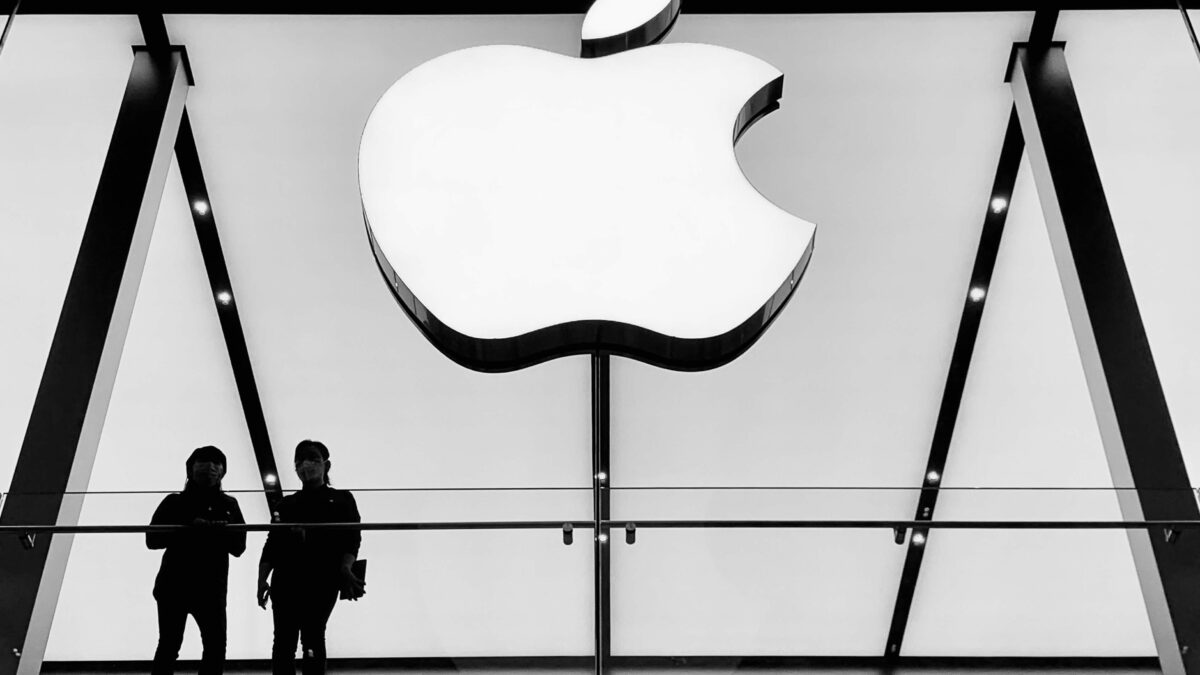I was recently working with a leader who had just lost a much-valued employee to a competitor. He had invested a large amount of time in mentoring and training the person and had high hopes and expectations for his career. The employee was someone clearly identified as “top talent” within the company — and what’s more, the resignation came as a complete surprise. The team leader was feeling let down and annoyed.
“I guess the conclusion I have come to,” he said, “is that I just mustn’t take this personally.”
It’s a sentiment we have all often heard in work contexts: “Don’t take it personally” or “Hey, it’s not personal, it’s business.” I’ve heard it said about feedback, conflict, difficult conversations, restructuring, losing deals, collaboration, dealing with career ups and downs — all kinds of daily workplace issues.
And yet it’s an absurd idea.
Work is the place where I’m going to spend the bulk of my waking hours — indeed, the bulk of my life — and yet I’m not supposed to take it personally? I should accept the idea that the bulk of my life from twentysomething to sixtysomething is somehow not personal?
While I fully understand that by “not taking it personally” we are better able to protect ourselves in work contexts that can often be challenging, threatening, and relentless, there are benefits to making our work, leadership, and followership personal.
The first relates to success and well-being at work. Take a moment and think about the people you’ve encountered whom you consider inspired, energized, and successful. They probably take work personally. And the flip side is that the people who have depersonalized their work are probably not the people you have enjoyed working with. Your own experience thus indicates that success seems to be linked to taking your work personally.
But this is not just about nuanced language and personal psychology; it is also about real business results. Consider the connection between engaged employees and business performance. What is engagement if not “taking it personally”? And when we consider the low levels of reported workplace engagement, it becomes clear that “not taking it personally” can have real costs.
Then there’s ethics. “Not taking it personally” lies at the heart of many corporate ethics scandals, from embezzling and accounting fraud to issues of worker safety and environmental protection. It’s when executives and teams adopt the mindless notion of “it’s not personal, it’s business” that they absolve themselves of their responsibilities as social actors, custodians of the planet, and guardians of the well-being of their employees, customers, and communities.
For these reasons and more, it seems clear to me that if we are to fulfill our responsibilities and obligations as executives — and our potential as leaders — we need to take things deeply personally. Put simply, a dehumanized and depersonalized workforce is more likely to treat its multiple stakeholders poorly.
Now, of course, there is a big, big difference between taking it personally and not being able to manage your boundaries. There is a distinction between having a passion for your job and attaching so much self-worth to it that you are not able to protect yourself psychologically, where every mishap and mistake is taken so personally that it penetrates the core of your self-esteem. If work becomes too dominant a part of your identity, that can also be dangerous.
But surely there’s an appropriate happy medium to be found, a place somewhere between workaholism and anesthetizing the spirit.
Going back to our manager at the beginning of this article, I wish I had said a few things to him: Don’t beat yourself up about it. Don’t overly introject this as a failure that is a representation of your value and worth as a person. Your life and your career are not defined by this. But do be disappointed. Do be frustrated. Do seek to understand what happened. Do seek to know if you could develop your management and leadership. Do seek to learn from this experience.
But please, please don’t drop that soul-crushing curtain of “it’s not personal.”
Yes, if you take work personally, you will get hurt along the way. You will be disappointed, be let down, and sometimes wonder if it is worth it. But just like that other great mystery of life — being in love — what really is the alternative? To not love at all so as to never be heartbroken? Surely not. To not take it personally so as to never be disappointed? Surely not.
For your own sake, and for the people who work with you, this is your life. Take it — all of it — personally.























